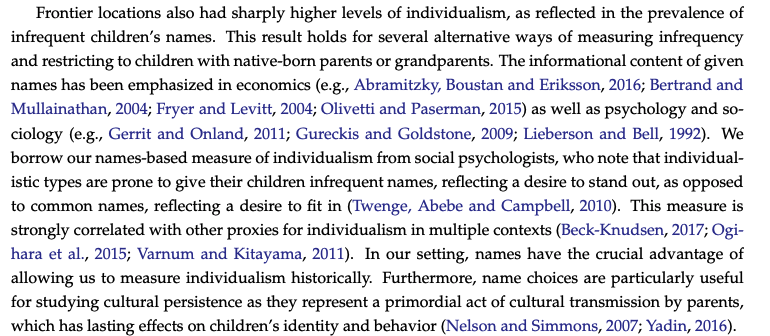
Historian of Taiwan. Associate Prof @UWJSIS & @UWTaiwanStudies. Author of In the Global Vanguard: Agrarian Development and the Making of Modern Taiwan. he/him.
How to get URL link on X (Twitter) App


https://twitter.com/oliverwkim/status/1830985359687327919Kim and Wang challenge the standard narrative of land reform, mirrored most recently in Joe Studwell's problematic How Asia Works (something I've criticized in my own published work as well as other threads with prominent Twitter "economists."). (2/15)prchistory.org/wp-content/upl…
https://twitter.com/JohnCulver689/status/1561355610549112832A lot has to do with how Taiwanese politicians and the public understand defense, which isn’t necessarily the same as US advisers do. As an example, one party for decades believed (still believes) the best defense was maintaining good relations with your dangerous neighbor.
https://twitter.com/WilliamHOverhol/status/1554912209125490688There’s a problem of agency. Pelosi may have been a catalyst, but all of the actions undertaken here were undertaken unilaterally by Beijing. All of these actions are part of Beijing’s repertoire of threats utilized regularly in the past two decades to intimidate Taiwan. /2
https://twitter.com/Cheng_yi_Huang/status/1554504134816321536That’s not to say there aren’t hawks in the US who see Taiwan purely in realist terms, or who see Taiwan’s human rights turnaround purely as a foil to China. But this historical experience is an important part of the current US-Taiwan relationship and Taiwan’s national identity.

https://twitter.com/AndrewMMacLeod/status/1546951033804713984The groundwork for the author's broader ideological position is that Taiwan is not an "independent" state. This logic follows from his assertion that Taiwan claims to govern all of China. This is false. It has not claimed this for decades. 2/


https://twitter.com/dearclarissa/status/1405210267911299072Responses to this quoted thread believe that these Taiwanese are duped victims of propaganda or rapacious beneficiaries of a colonial regime that enriched them. While propaganda existed and some (but not all) Taiwanese benefited economically under Japanese rule, these (2/n)

https://twitter.com/ecmaEditors/status/1305868975289532426It's true that for many historians, this type of econometric analysis is foreign. The attempt to quantify individuality and a frontier experience would seem bonkers to most historians. How do you quantify an experience? It's not something most historians would attempt. 2/n

https://twitter.com/heguisen/status/1288810053445787649Lee was an agricultural economist in the Joint Commission on Rural Reconstruction, the main agricultural policy making body in the Republic of China. Its policies drove decades of agricultural productivity growth that undergirded the Taiwan economic miracle decades later. 2/n

https://twitter.com/BeijingPalmer/status/1287858065723858946The author, Kennedy, argues against decoupling, which he says is would harm the US economy as well as US security interests in East Asia. This is fundamentally an IR interdependence argument, which has been made before to justify trade liberalization. 2/n


 A few highlights: this course is designed to be an introduction to Taiwan Studies through major social science and humanities themes, such as empire and colonialism (and postcolonialism), gender and labor, capitalism and development, etc. 2/n
A few highlights: this course is designed to be an introduction to Taiwan Studies through major social science and humanities themes, such as empire and colonialism (and postcolonialism), gender and labor, capitalism and development, etc. 2/n 


https://twitter.com/benjaminbland/status/1278926657273819138This disbelief among foreign investors makes sense: they are used to operating in neoliberal havens where capitalist interests take precedence over "politics." This is one of the crowning achievements of the past 4 decades and "globalization." 2/n
https://twitter.com/jamestwotree/status/1216351476919914497The idea of "Chineseness" is not an exclusive national sphere, meaning that being Chinese is not merely because you have a PRC passport or an ROC passport that one can be "Chinese." It's a term that spans ethnicity, identity, race, diaspora, language, culture, ancestry, etc. 2/